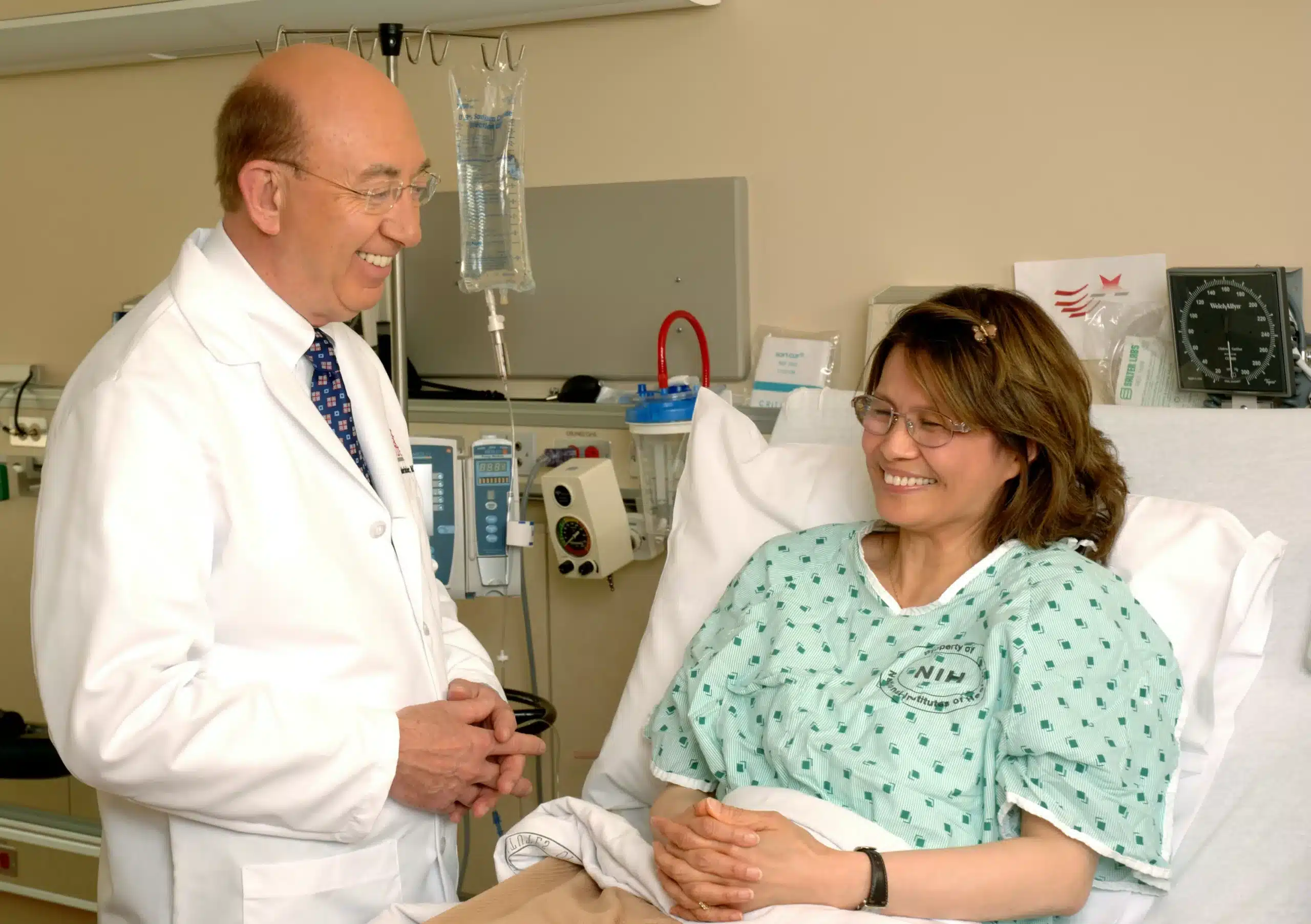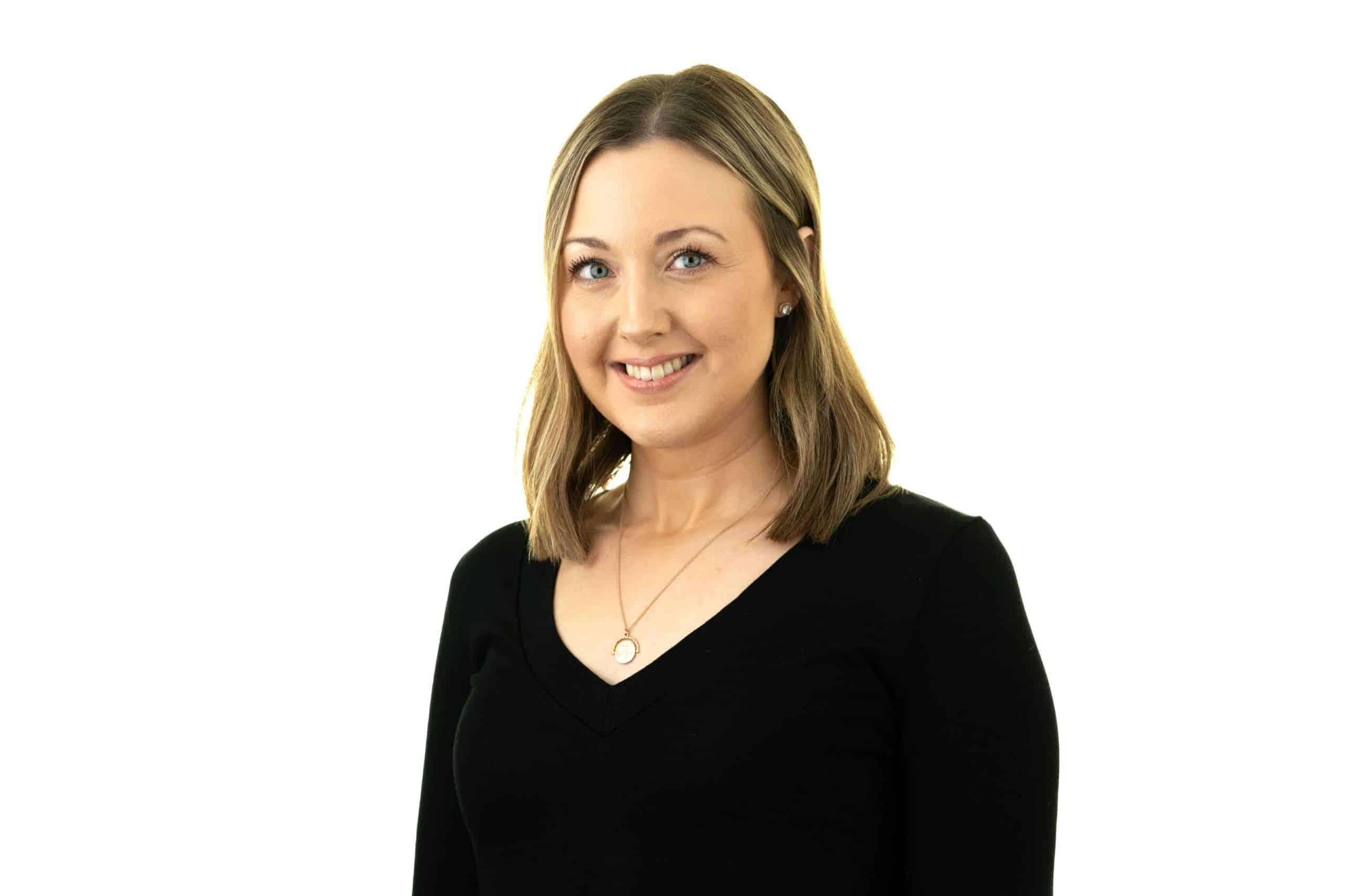By Hannah Luscombe, solicitor in the Medical Negligence Department at Patient Claim Line
Cervical screening in England has faced a series of blunders over the last 12-18 months, with the latest reports suggesting women may now have to wait months for their smear test results following the closure of 41 NHS labs and associated loss of staff.
The NHS cervical screening programme invites all women from the age of 25 to 64 to attend cervical screening. A sample of cells is taken from the cervix and sent to a lab to be checked under a microscope for abnormalities. Women should then receive the results within 14 days.
However, this morning we have been informed the Government has reduced the number of NHS labs where such samples can be examined from 50 to nine. It has been reported today that there is a “shambolic backlog of samples” waiting to be tested.
The news causes me great concern that samples may be lost or mixed up at the lab, or simply forgotten about with the passage of time. Many women may forget to chase the results if they are not received promptly and it is possible women may be mis-informed when the results are eventually received.
Only recently did we hear of the tragic case of Julie O’ Connor, an NHS nurse who died last month after she was told a staggering six times that she did not have cervical cancer by Southmead Hospital in Bristol.
The dire situation for cervical screening was not helped when more than 40,000 women failed to receive information regarding cervical cancer screening between January and June 2018. There was a failure to send out letters by the NHS including results of tests, letters inviting women for screening or reminding women that they were due. It was even reported that between 150 and 200 of the test results that were not sent out were abnormal results.
We know that early diagnosis and treatment of cervical cancer is essential and it is estimated that 83% of cervical cancer cases could be prevented if screening tests were regularly attended. Screening is crucial to an early diagnosis given that cancer of the cervix often has little to no symptoms in its early stages. There is even the potential for a future generation to be free of cervical cancer if women attended their screening tests (according to a modelling study published in The Lancet Oncology journal which
suggested up to 13 million cases of cervical cancer could be prevented by 2050).
Notwithstanding the above, we know that 1 in 4 women who are eligible to take a smear test are still not doing so and screening is at a 20-year low. Given the reluctance of many women to attend screening tests, Public Health England launched a major cervical screening campaign this year (‘Cervical Screening Saves Lives’).
The campaign has been supported by a number of high profile celebrities publicising cervical screening, such as Cara Delevingne, Chloe Sims, Rebekah Vardy, Tamara Ecclestone and Michelle Keegan, in order to raise awareness and eradicate any embarrassment for women to attend screening tests.
Therefore the latest NHS blunder comes at the worst possible time and urgent intervention is required to improve the NHS cervical screening, save lives and reduce cases of cervical cancer. Money needs to be invested now in the cervical screening system to prevent tragedies such as Julie O’Connor and to reduce the level of costs that result from medical negligence claims once it is too late. The bereaved family of Julie O’Connor are now fighting for a wider inquiry into her case and say they will continue to fight for other women. It is outrageous that these preventable deaths from cervical cancer are still being reported.
How many campaigns and inquiries need to take place before we can just get this right?
If you have experienced any type of medical negligence, such as cervical cancer negligence in Bristol, we have some of the highest-rated medical negligence solicitors in Bristol that can guide you through the entire process of making a claim.

